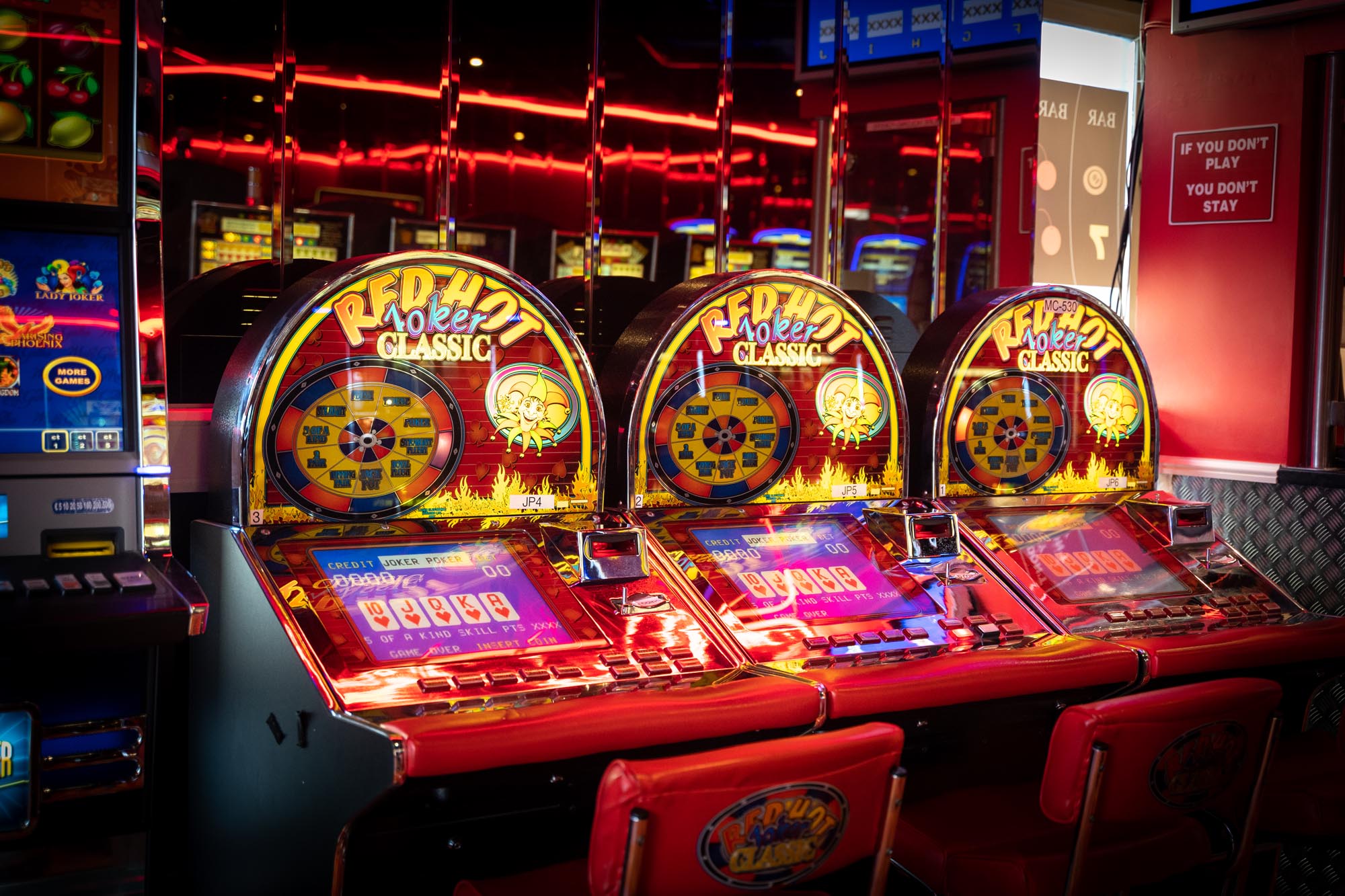The Relationship Among Gambling Games with Mathematics

Gambling games have fascinated players for decades, luring them into a universe of thrill, chance, and fortune. From the sparkling lights of video slots to the tactical intensity of poker tables, these experiences offer a unique mixture of entertainment and hazard. However, beneath the shiny exterior of this glitz and style lies a complex relationship of calculations that shapes every outcome and choice made within the casino.
Grasping this connection between gambling games and math not just enhances the player’s journey but may also help gamblers make wise selections. Whether you are a occasional player or a passionate fan, recognizing the numerical strategies at play can offer valuable insights into likelihood, odds, and tactics, finally influencing how one deals with these games of chance.
Mathematical Likelihood in Gambling
In the world of casino games, statistical probability plays a vital role in assessing results and informing player choices. Each activity has a unique set of regulations and a specific likelihood model that influences its mechanics. For instance, in activities like the roulette wheel, players must grasp the odds of hitting a specific digit or color. The probability of certain occurrences happening can be computed, and this understanding can greatly influence wagering tactics.
Gambers also need to be cognizant of the house advantage, which is the mathematical advantage that casinos hold over gamblers in the long term. This edge varies across various games. In 21, skilled players can use strategies to reduce the house edge to as low as one %, while in games like slot machines, the casino edge can be significantly greater. Comprehending the casino advantage allows players to make wise decisions about which activities to play and how much to wager.
Furthermore, likelihood is crucial in the concept of risk versus gain in betting. Each bet carries a certain risk level, and players must consider the possible return against that danger. Activities like the poker game require players to not only assess the odds of their own showing winning but also to evaluate the probabilities of their opponents’ hands. By applying mathematical concepts to their gameplay, players can improve their chances of winning and participate more strategically in the thrilling world of casino games.
Expected Value in Casino Games
When talking about gambling games, one of the fundamental ideas rooted in mathematics is the anticipated worth. https://cpc2888.org/ This statistical measure helps gamblers understand the possible outcomes of their wagers over time. In simple terms, anticipated value (EV) determines the mean amount a player can anticipate to win or lose per bet if they were to play the activity many times. Each activity has its unique EV, affected by the odds and the casino advantage, which indicates the benefit that the gambling establishment holds.
For instance, think of a game like the roulette game. The expected worth can be calculated based on the particular bet placed. If a gambler bets on a individual number, the payout is 35 to 1, but the actual odds of success that bet are 1 in 37 (in Euro the roulette game). This leads in a detrimental expected value, indicating that, on average, players will lose money over a period when playing this type of bet. Grasping this concept allows gamblers to make more educated choices about which activities and bets may be more favorable.
Additionally, the investigation of expected worth can lead to better money management. Gamblers who understand the mathematics behind their activities are often able to set practical goals. By acknowledging their potential losses and gains, they can modify their gambling strategies appropriately, which may enhance their total gambling experience overall. As a consequence, expected value serves as a critical resource for both beginner and seasoned gamblers to steer through the frequently unpredictable character of casino games.
Tactics and Chances: The Mathematics Behind Success
In gaming establishments, comprehending the odds is crucial for players looking to boost their opportunities of winning. Each game has its own unique set of probabilities that dictate successful results, and these figures are often found in the game’s guidelines or payout schedules. For case, in activities like blackjack, gamblers can boost their odds through tactics such as counting cards, which relies on arithmetic concepts to gain an advantage over the establishment. By familiarizing themselves with the probabilities, participants can make more educated choices on when to bet and when to quit.
Moreover, the concept of expected value has a significant part in casino strategies. Expected value calculates the typical outcome of a stake over time, allowing players to assess whether a certain wager is valuable taking. For instance, slot machines have a fixed return percentage, which can show the typical return a participant can anticipate on their wagers. By selecting activities with better payout percentages, gamblers can lessen the house advantage, maximizing their future winnings in the future.
In conclusion, successful participants often employ a mix of chance and calculative tactics to improve their gaming experience. While luck can’t be controlled, managing a wagering approach based on math insights can lead to more positive results. By making use of techniques such as budgeting and game selection, participants can apply math to maneuver through the unpredictable nature of gambling activities, making the most of their efforts and resources at the tables.